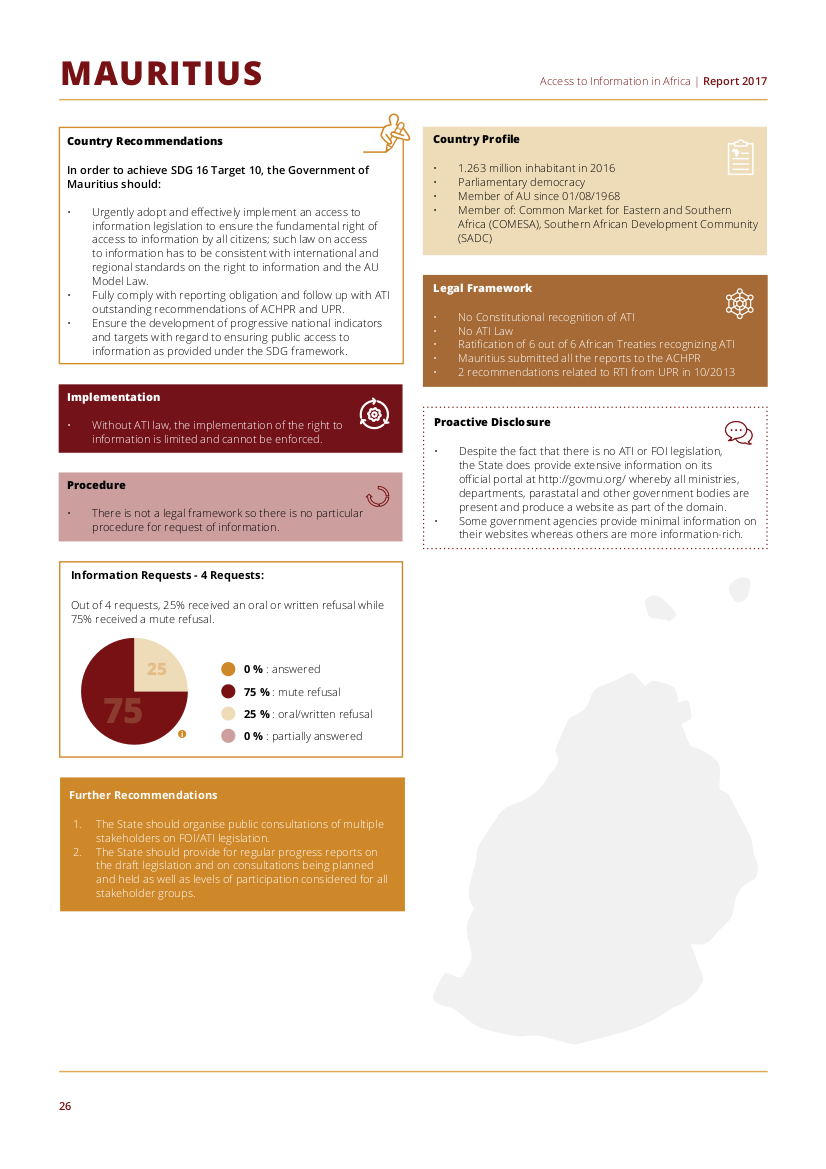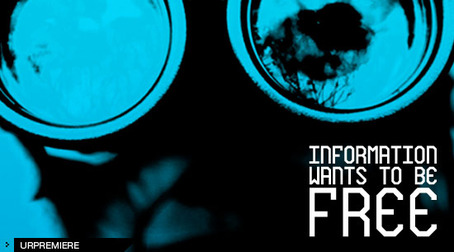The State of the Right to Information in Mauritius in 2017
Transcription of live tweet session
organised by the African Freedom of Information Centre (AFIC)
with Christina Meetoo (@christinameetoo) and Abdoollah Earally (@AbdEarally)
Hashtag #AccessToInfo
This live tweet session was held on Tuesday 17 October 2017 from 15.00 to 16.30 (Mauritian time)
Tweets have been slightly edited for punctuation and typos.
For more information, read the full report and the Mauritius country report at: https://www.christinameetoo.com/2017/10/17/report-on-the-state-of-access-to-information-in-africa-2017/

AFIC @AFIC1
Question 1. @christinameetoo Which are the guarantees for ATI in Mauritius, at national and international level?
Christina Meetoo @christinameetoo:
- There is no law on access to information in #Mauritius, thus no specific guarantee for access to information in Mauritius.
- There is only a clause on freedom of expression in Constitution to guarantee freedom to receive & impart ideas and information.
- This freedom is curtailed by restrictions linked to national security, privacy, public morality, public safety, health, etc.
- And there’s an Official Secrets Act & a Human Resource Manual which prohibit civil servants from sharing information without authorisation.
- In 2005 and 2015, winning coalitions have promised to introduce legislation on freedom of information (but not in 2010).
- In 2013, government appointed consultant Geoffrey Robertson proposed FOI legislation, reform of media laws & media self-regulation.
- In January 2016, Cabinet announced that a bill on FOI was being prepared.
- In March 2016, the ACHPR country report committed to introduce FOI legislation, suggesting that the State Law Office is working on a draft.
- But, there is little visibility so far on progress made.
Sarah @sarahfkiw:
How far has this bill been? Why has it not yet been signed? #SDG16 #accesstoinformation #Mauritius #IDUAI @Gilbertsendugwa
Christina Meetoo @christinameetoo:
- No bill has been presented yet. We are assuming that the State Law Office is working on a draft bill but we have no further information.
- FOI legislation is very difficult step for political parties as it could result in constant scrutiny & questioning by mass media & citizens.
- Our political parties are not used full transparency.
